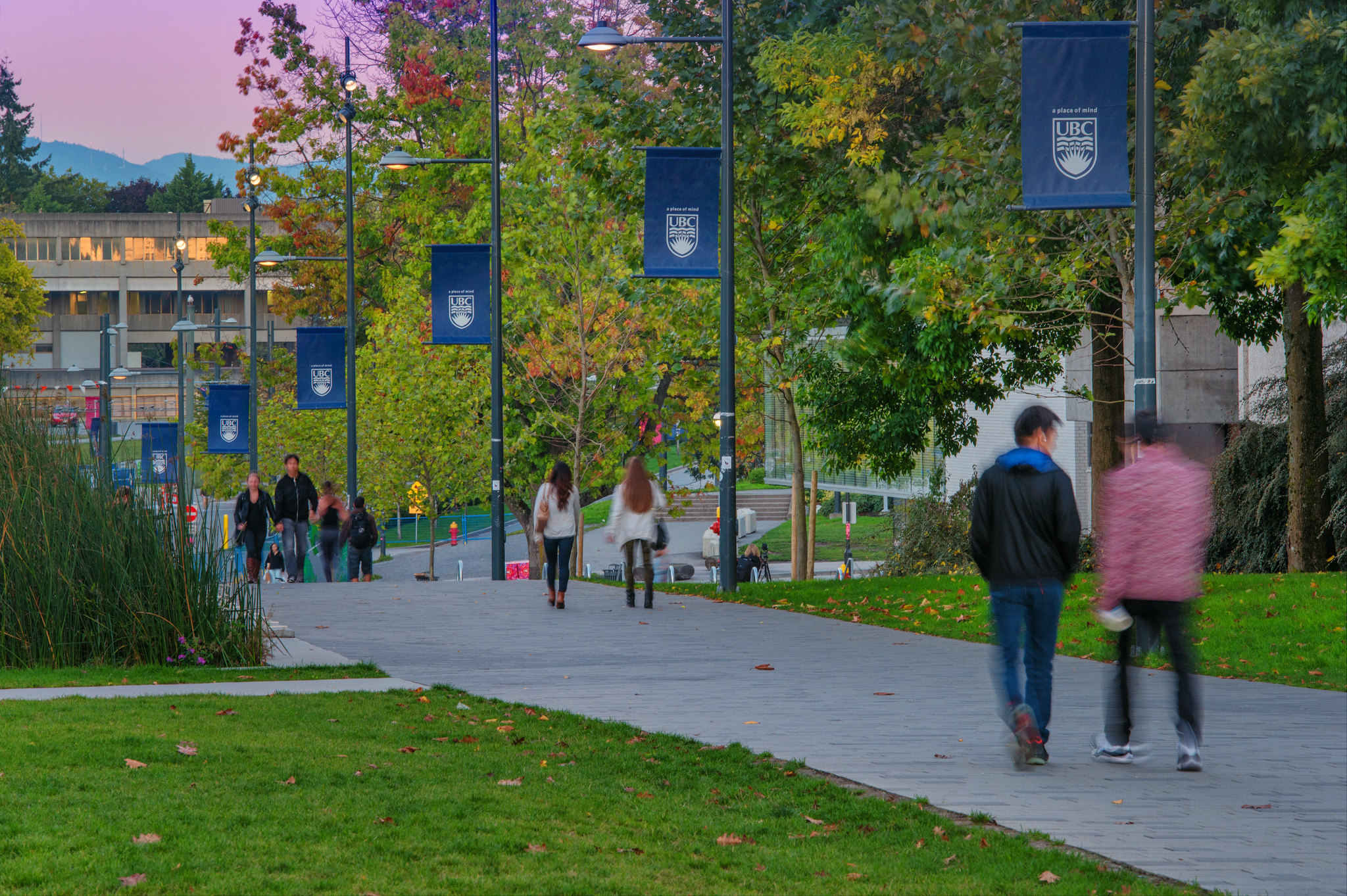Samantha Robinson
As I approach graduation from the Masters of Education, Adult Learning & Education program at the University of British Columbia (UBC), I find myself in a moment of pause as I intentionally take time for reflection. What have I learned over the last two years in this program? What made sense and was anything surprising or unexpected? Are there things that I still want to learn or areas of adult education that I want to explore in a more fulsome way outside of my degree? Was there something missing from my experience that I think would have been beneficial to learn more about? All of these questions are worth exploring in the months leading up to graduation, especially as I think about how I would like to continue on my own personal journey of lifelong learning. More practically, however, I believe it is imperative that I take this time for reflection as a professional staff member at UBC, where I am responsible for supporting current undergraduate students with their own experiential and lifelong learning outside of the formal classroom setting. Through this period of reflection, I have determined several key lessons that I am taking away from this program and one critique that I hope to name and continue expanding upon as my journey of adult education continues post-graduation.
The most prominent lesson that I am taking away from this program occurred during my first class ever in September 2019, which was in EDST 503. This lesson pertains to the fact that learning is a lifelong process and occurs in much of our day-to-day lives as adults. One of the first readings that I completed in this program was Rubenson’s “Adult Education Overview” (2010) where they provide various definitions of adult education and learning, including the definition of lifelong learning provided by UNESCO (United Nations Educational and Scientific Organization). In addition to defining lifelong learning, Rubenson (2010) shares the three fundamental attributes of the term, which include:
-
“It is lifelong and therefore concerns everything from cradle to grave;
-
It is lifewide recognizing that learning occurs in many different settings; and
-
It focuses on learning rather than limit itself to education” (Rubenson, 2010, p. 5).


 Share
Share